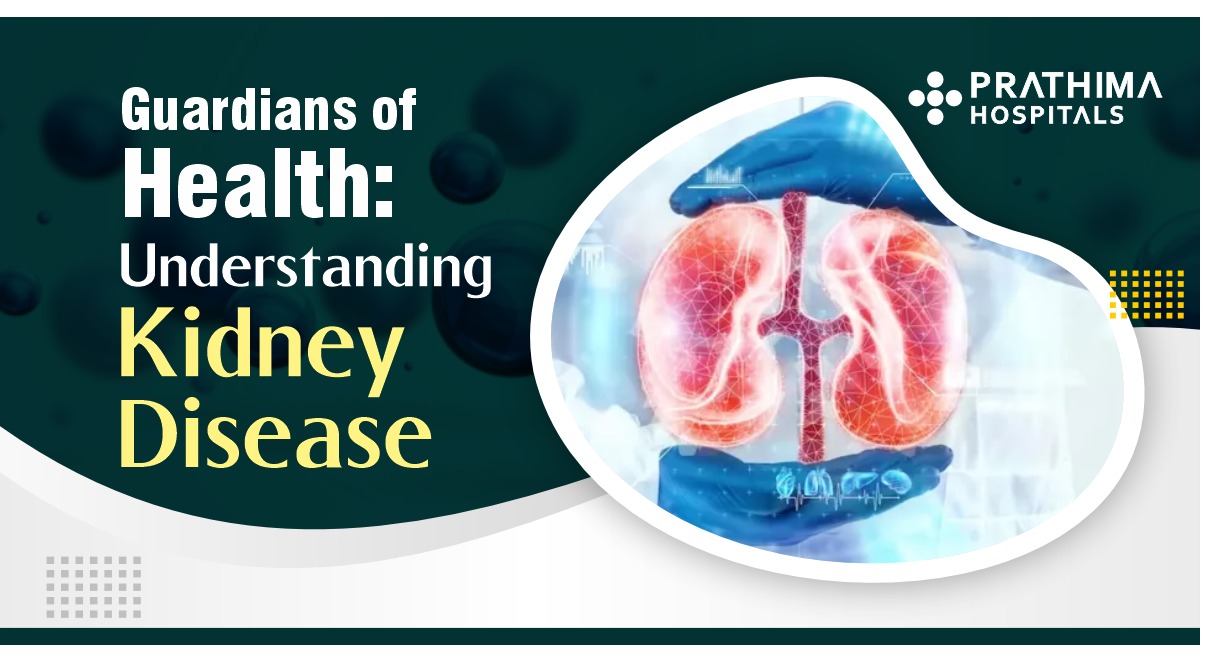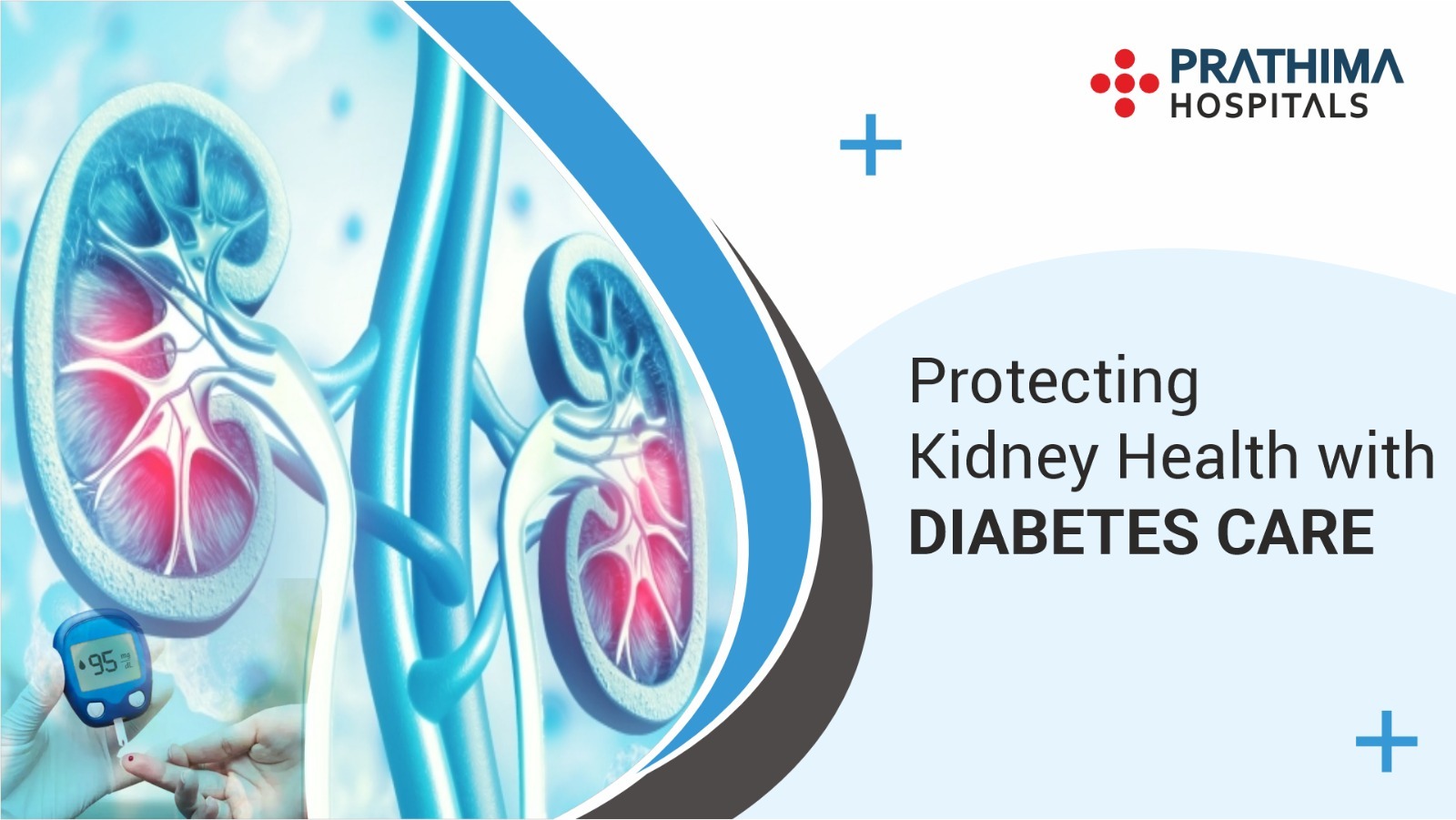Is Obesity can be treatable? Obesity Symptoms, Causes and Treatment Options

The WHO has recognized obesity as a disease. Obesity is a growing health problem in India, and associated with diabetes it is affecting the quality, as well as, longevity of the lives of affected individuals. There are many other diseases which can afflict a patient suffering with obesity including Diabetes, Hypertension, Lipid Disorder, Heart disease, Arthritis (Knee/back pain), Infertility, liver disease, Increased risk of cancers.
Quick Facts about Obesity
Obesity is most commonly defined by BMI (Body Mass Index) calculated Weight in Kgs/ (Height in m)2. Individuals who meet the following criteria are recommended to undergo bariatric surgery.
- BMI of more than 35 with or without obesity associated diseases
- BMI of more than 30 with obesity associated diseases like diabetes, hypertension, OSA, etc.
- BMI of more than 27.5 with severely uncontrolled diabetes can also be considered for metabolic surgery.
Possible Surgery Options for Obesity
Bariatric surgery is a laparoscopic surgery wherein, alterations are made in the stomach and/or intestines of the suffering person. Bariatric surgery is very safe and recovery after surgery is quick, in fact, the patient is made to walk, the same day of surgery. Following surgery, the patient loses weight at a rapid pace in the next few months. The improvement of diabetes is even more dramatic, with most patients having normal blood sugar within the first few days of surgery. There are many causes for this improvement like changes intestinal hormones which leads to increased production of insulin, restriction of food intake and weight loss which reduces insulin resistance. No other form of treatment can act by so many mechanisms. That is why bariatric surgery is the most effective treatment of diabetes in obese individuals.
There are many types of Bariatric surgery and the type of surgery is decided based on the patient’s expectation and associated health issues. The decision is taken by the combined team of specialists including Bariatric surgeon, Endocrinologist, Cardiologist, Pulmonologist, Dietician and Physical medicine specialist.
The Department of Bariatric and Metabolic surgery at Prathima Hospital is one of the most well equipped center in Hyderabad. We provide all modalities for treatment of obesity and it’s associated issues.





